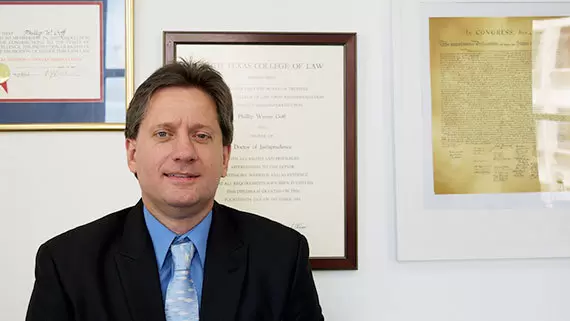Change is Inevitable, and This One is BIG
Google self-driving cars represent a change of epic proportion, not only in how we use cars themselves, but in how it will affect other aspects of society. Google’s prospects of meeting its ambitious goals for the marketplace appears to be better than ever since it teamed up with Ford Motor Company in December.
Cities Could Find Benefits Above and Beyond Safety
Traffic congestion and parking could be affected by SDCs. Think of carpools and buses being driven by SDCs. Rather than taking up parking lots, they could head back to a distant station until called to return.
Industries Tied to Traffic Accidents Will be Affected
Entire industries are built around crashes. If Google’s website is correct, 94% of all crashes involve human error. Wreckers and body shops depend greatly upon traffic accidents. Rental cars won’t be as necessary. Demand for replacement parts, particularly body parts, won’t be as necessary.
Insurance Coverage: You Can Bet on Massive Influence by Big Insurance
Insurance companies have as much political influence as any industry, so you can bet they will have their hands involved in whatever laws are made or changed. Google says their SDCs have been in a few crashes since they started in 2009, and Google claims every crash was due to human error in cars which have both human and computer modes.
How will insurance coverage be affected? Will the SDC’s CPU (Computer Processing Unit) performance be part of the rate charged? For example, if the SDC’s CPU has had glitches and caused violations of traffic laws, will that be held against the SDC, even though the CPU’s diagnostics have since been perfect?
Will the SDC have predetermined courses of action for every eventual condition? Will the SDC be able to “choose” between alternatives? Will insurance companies have influence in determining SDCs’ programming? Will the Legislature establish an agency to make these decisions or assign it to DPS or DOT? Neither agency is currently equipped to handle such responsibilities. Technology for SDCs is rapidly changing, and we should expect a legal response nationwide soon.
How Traffic Tickets are Handled Could be Revolutionized
As of this month, Google claims its SDCs have never been ticketed.
Some cities and counties struggle financially and depend upon revenue generated by traffic tickets. Many police departments are supported, in part, at least, by the revenue generated from the tickets they write. Many municipal courts would have little to nothing to do without such cases. While millions of people will be pleased by such a development, many police officers and court personnel might disagree.
In Texas, some communities are so immersed in the revenue of traffic tickets, they are the subject of scandal because it is clear their entire court systems are geared to collect money and literally nothing else.
There’s Still Time to Adjust, And We’ve Already Started
Congress is taking note of the potential issues SDCs pose. On December 4, 2015, President Barak Obama signed into law the FAST Act (Fixing America’s Surface Transportation Act). The law requires studies to be done and a report prepared about SDCs within 2 years. This kind of action is usually expected to provide a basis for regulation. Also, the law makes research on SDC technology eligible for grants.
Hacking is another concern. Google has a great deal riding (forgive the pun) on this question. Anything from sophisticated computer hackers to juvenile pranksters must be addressed. Something as simple as a standard office laser pointer might pose a problem.
Eliminating human error may significantly reduce crashes and traffic violations. That’s not to say errors cannot exist in technology, and people are likely to feel uncomfortable traveling in a car when they have no control, and no human is in charge. However, if human error is a greater risk than technological error, the overall safety of the public should be improved.
Considering people already ride helplessly as passengers in both private cars and common carriers like buses, being overly concerned about not having a human in charge of the vehicle seems irrational. We regularly put our lives in the hands of human drivers, yet how often does a passenger rigorously review and inspect the qualifications and conditions of the drivers? If a technology exists which is categorically and demonstrably safer than a human, it makes sense passengers would be safer with it.
Embrace the Future
We should welcome progress in technology, as well as taking a healthy approach to the issues generated by it. Getting ahead of the planning curve gives us an opportunity to make the most of technological advancement while smoothing any potential problems associated with it. Bring it on, Google!















